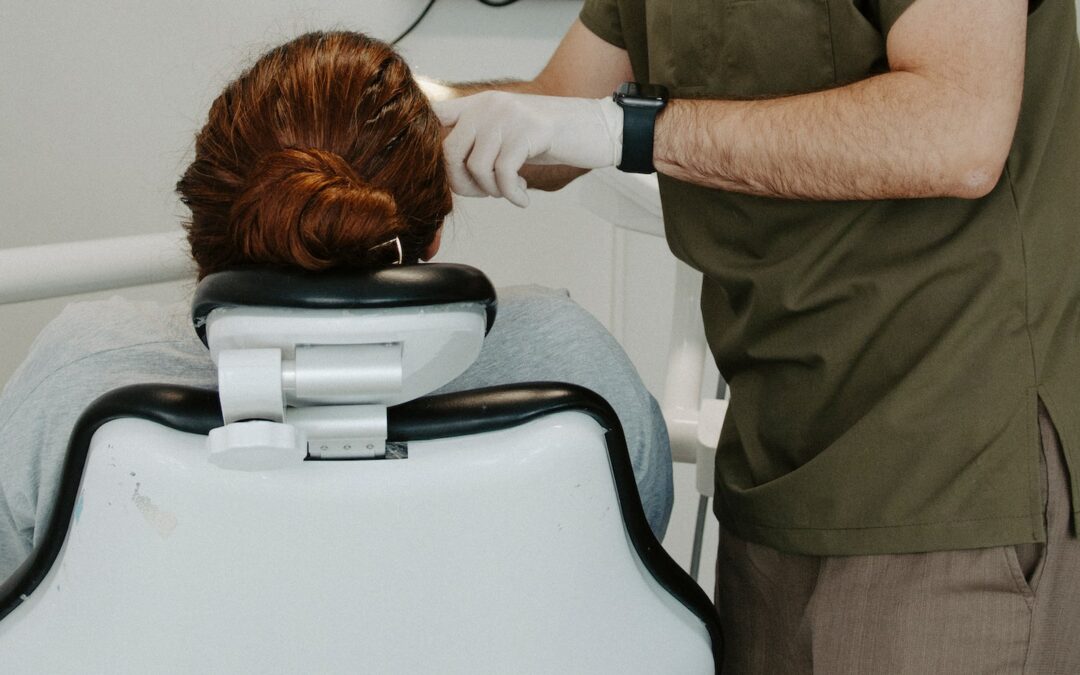Living with pain in our back can be challenging, and when we are suffering from an illness–like the common cold or flu–it can be even more difficult. When faced with the prospect of having back surgery, it can be an even more daunting experience. But is it possible to have back surgery in these circumstances?
Should You Keep Postponing Surgery Because You Are Sick?
When it comes to back surgery, the schedule of the procedure should not be held off because you are sick. In general, if you are cleared by your doctor professionally following your physical exam, the surgery should go forth on the planned date. As long as you have been following the advised treatment program, your back surgery should not be postponed even when you are sick.
When Is It A Risk To Go Ahead With The Surgery?
Most of the time there is no added risk to go ahead with the decided back surgery. The general risks involved in the surgery remain the same, regardless of the fact that the patient is healthy or getting affected by any kind of sickness. The medical complications that are associated with an illness make it necessary to carefully evaluate the situation and determine if the risk associated with the surgery is worth taking by the patient.
Precautionary Measures Before Surgery
If you are scheduled for back surgery and you are sick, your doctor will critically analyze any complications that the existing illness can cause during the process. You should also notify the doctor if you are suffering from recent fever or if the current situation has made you feel weak and taking any kind of medication. Your doctor can provide you with antibiotics and vaccinations to reduce the risk you can face during the surgery.
What Are The Risks Linked To Back Surgery?
Generally speaking, the risks associated with back surgery are the same in a situation where the patient is sick or in a healthy state. The risks include infection, nerve injury, pain, and non-union of the fracture, to name a few. These risks can be managed if the individual remains under the care and supervision of a health professional before the surgery.
What Is The Appropriate Time To Go Ahead With The Surgery?
The appropriate timeframe to go ahead with the back surgery despite the existing illness would be when the symptoms of the sickness have gone or the patient is completely healed from the existing illness. If a person has a cold that has been going on for over two weeks, it is recommended to wait until the cold has cleared from the system. However, if the patient is feeling well enough, then the process of the surgery should go through without any problems.
People Also Ask
Can an infection stop a back surgery?
Yes, an infection can stop a back surgery or any other kind of surgery, as a health professional must evaluate the risk of proceeding with the issue and make sure that the patient will receive the best possible outcome.
Is sickness a risk factor for back surgery?
Yes, sickness can be a risk factor for back surgery depending on the severity, persistence and type of illness being experienced. A health professional can advise the best course of action.
Can I have back surgery if I’m on medication?
Yes, you can still have back surgery if you are on medication, however it is best to consult with your doctor first to make sure that the medication you are taking won’t interfere with the surgery, your safety, or the results of the surgery.
Can I have back surgery if I’m pregnant?
No, you should not have back surgery while you are pregnant as it can be dangerous to both you and your baby.
Should I postpone my back surgery if I am sick?
No, as long as you have been following the advised treatment program, your back surgery should not be postponed even when you are sick unless your doctor advises against it.
Final Words
Having the necessary information about back surgery during sickness can help us to make the best decision for our wellbeing. It is important to talk to a health professional to evaluate the risks associated with the surgery. Ultimately, if the surgery is cleared, it can be beneficial for any kind of sickness or health condition that we are suffering from.

